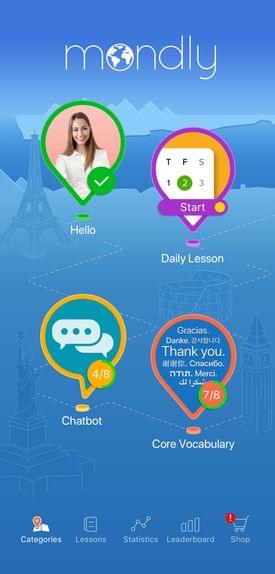How to speak Dutch fluently in no time
Discover how to speak Dutch with confidence
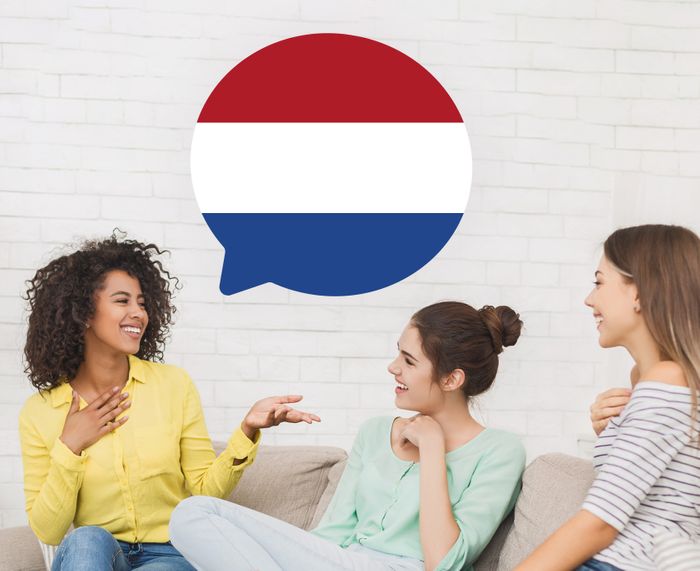
Speak Dutch fluently from day 1
The power of learning by doing cannot be overstated, especially when it comes to languages. Consistent, daily practice is the secret to speaking Dutch fluently. Why not start now? We've compiled the top 10 most essential Dutch phrases, all pronounced by native speakers, to kickstart your learning. These fundamental expressions will form the building blocks of your Dutch conversational skills.
1. Hallo. = Hello.
First impressions matter. Don't let anyone tell you otherwise. Learning as much as a simple "hello" in Dutch can work wonders in your interactions with the natives. So here's exactly how to pronounce "Hallo" in Dutch:
Hallo.
2. Hoe gaat het? = How are you?
A polite thing to do next is to ask, "How are you?" Often, it's okay to skip saying hello and just ask about how someone is doing. Here's how you say "Hoe gaat het?" in Dutch:
Hoe gaat het?
3. Hoe heet jij? = What is your name?
When traveling in the Netherlands, you'll likely meet many new people, from the friendly person sitting next to you on the train to your host or even your taxi driver. To ask them their name, here's the Dutch phrase you can use: "Wat is je naam?" (informal) or "Wat is uw naam?" (formal):
Hoe heet jij?
4. Aangenaam kennis te maken. = Nice to meet you.
Local people usually appreciate when you try to speak their language, seeing it as a gesture of respect for their culture. When you're meeting new people, another useful phrase to know is "nice to meet you." Click to hear how "Aangenaam kennis te maken" is pronounced in Dutch:
Aangenaam kennis te maken.
5. Alstublieft. = Please.
Manners are essential in every culture, and the Netherlands is no exception. In Dutch society, directness combined with politeness is valued, especially in language. Using the right expressions at the right time can greatly influence social interactions. To express "please" in Dutch, the equivalent phrase is "alstublieft" (formal) or "alsjeblieft" (informal).
Alstublieft.
6. Dank u. = Thank you.
Mothers are the best thing that ever happened to us. Not only did they raise us, but they also taught us basic manners like saying "thank you" in the proper contexts. Following their example, here's how to say "thank you" in Dutch:
Dank u.
7. Graag gedaan. = You're welcome.
Regardless of your location, common courtesy is universal. In Dutch culture, responding politely is just as important as it is anywhere else. Here's how you would say "you're welcome" ("Graag gedaan") in Dutch:
Graag gedaan.
8. Pardon! = Excuse me!
We only need 7 seconds to make an impression that may last a lifetime. And sometimes, the only difference between a good impression and a bad one is just a simple "excuse me". Listen to how it's pronounced in Dutch:
Pardon!
9. Hoeveel kost het? = How much does it cost?
Shopping sprees are an essential part of every city break. The vacation isn't over until you buy souvenirs for each member of your family. So here's how to ask "Hoeveel kost het?" (how much does it cost?) in Dutch:
Hoeveel kost het?
10. Tot ziens. = Goodbye.
If you want to maintain the good first impression you managed to make with your flawless Dutch greetings and introductions, end the conversation by saying "goodbye" exactly like a native. Here's how to say "Tot ziens" in Dutch:
Tot ziens.
Join millions of people learning how to speak Dutch!
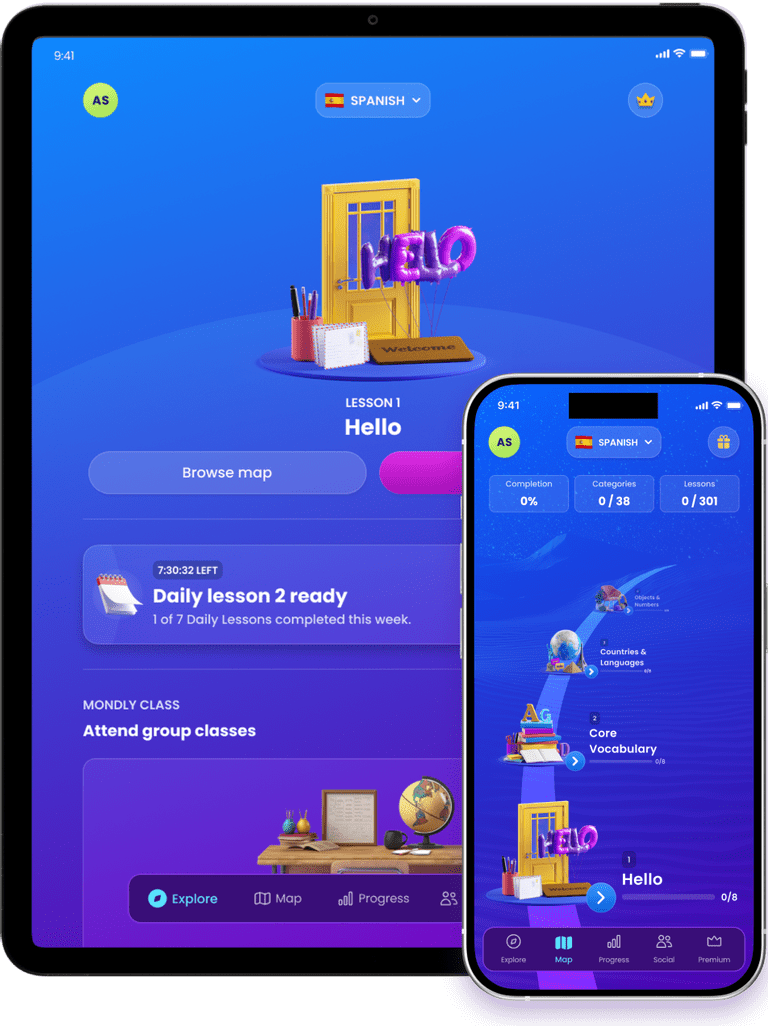
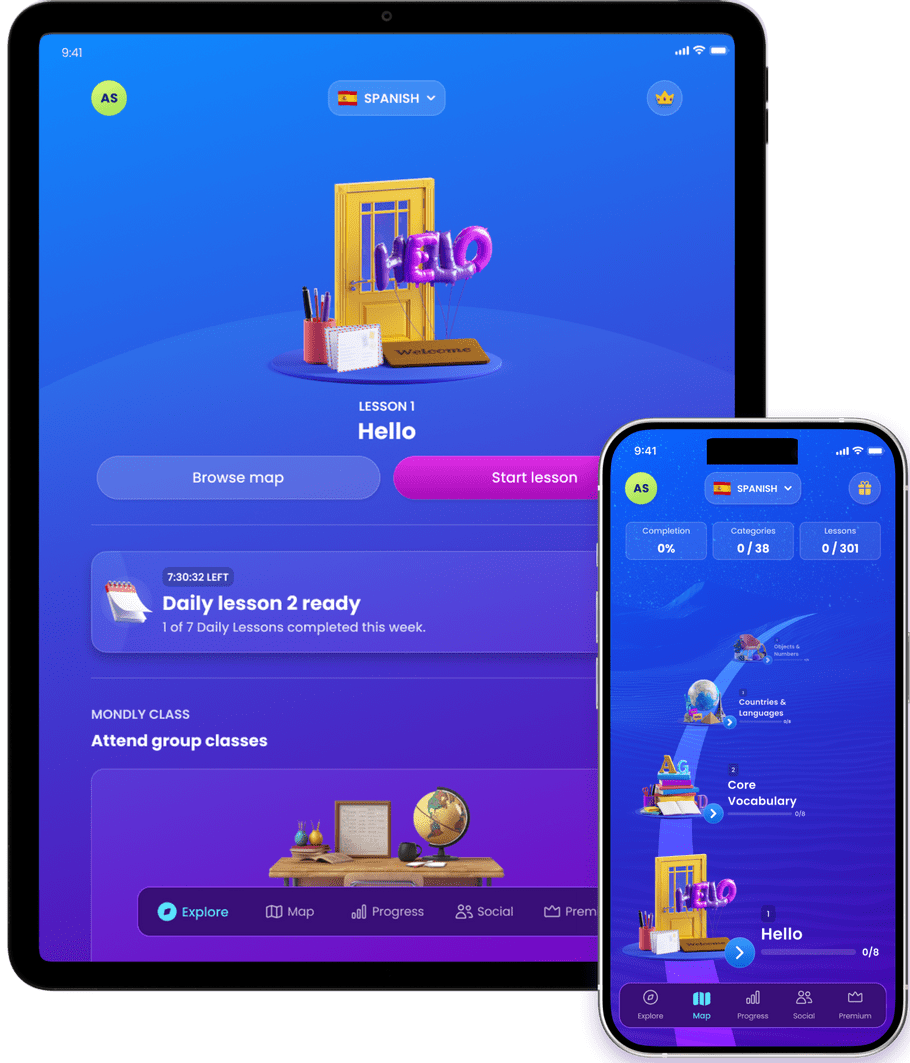
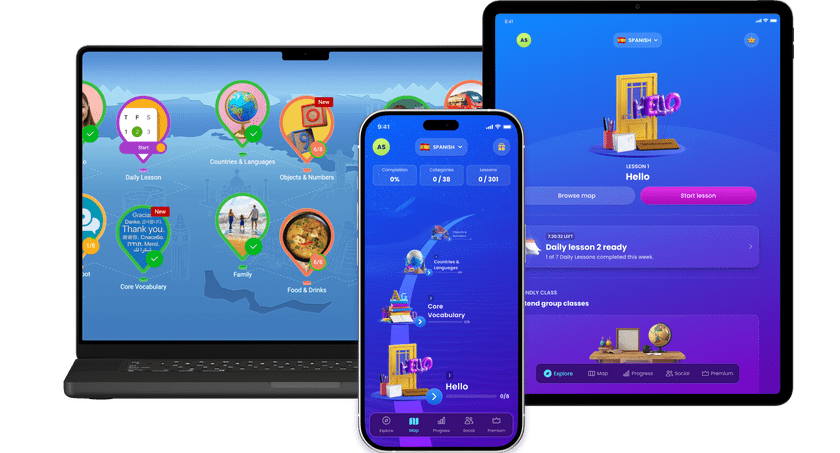

1 000 000+ + Ratings
Mondly was named "Editors' Choice" in Google Play and "Best New App" by Apple.
Dutch conversations for perfect pronunciations
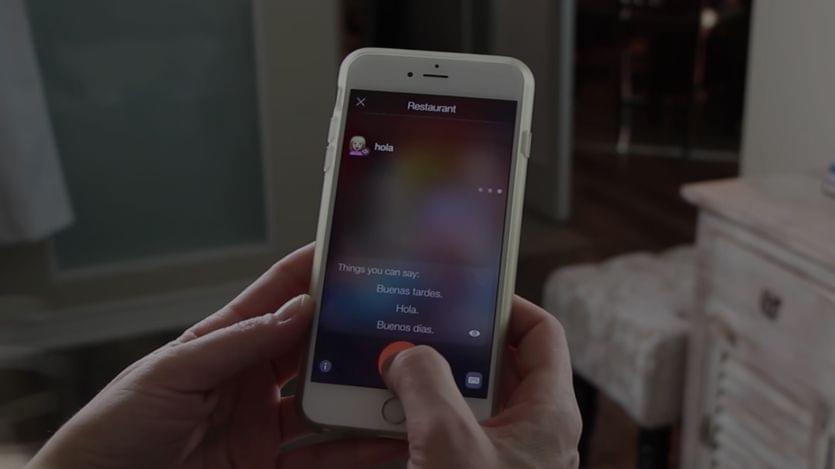

Learning to speak Dutch in Virtual Reality
Introducing Mondly VR, a groundbreaking virtual reality application designed to help you speak Dutch fluently. Don your VR headset and find yourself transported to a Dutch-speaking world. Order a traditional stamppot in a cozy Amsterdam café, engage in a lively Dutch conversation on a train to Rotterdam, or check into a charming hotel in Utrecht. This immersive experience is the closest you can get to real-life language immersion, making it incredibly effective for learning to speak Dutch.
Remember that moment of panic when someone addresses you in Dutch and you scramble to formulate a response? With Mondly VR, you can practice these scenarios from the comfort of your home. Rehearse Dutch conversations as many times as you need in a pressure-free environment, receiving instant feedback to perfect your skills. This approach builds the confidence you need to apply your Dutch in real-world situations. Mondly's ultimate goal is to teach you how to speak Dutch fluently, enabling genuine conversations with native speakers. Undoubtedly, Mondly VR accelerates your learning process, making the journey to Dutch fluency both enjoyable and highly effective.


Exploring the Rich Diversity of Dutch Dialects and Regional Varieties
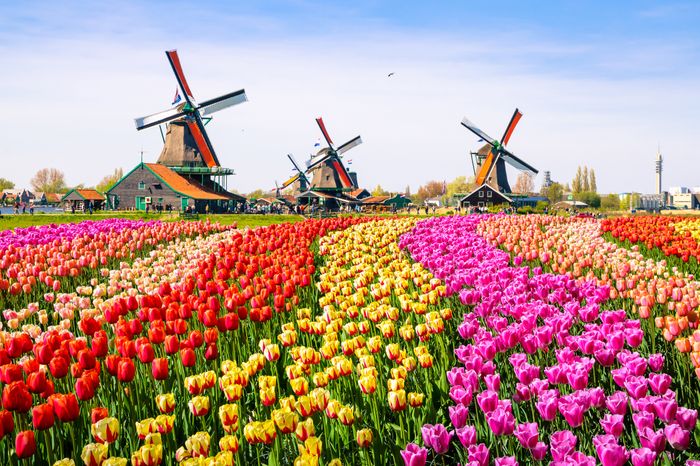

Speaking Dutch has major benefits

Being able to speak with 24 million Dutch speakers
Learning conversational Dutch can be incredibly rewarding. It enables you to communicate effectively when visiting the Netherlands, Belgium, and engaging with Dutch-speaking communities around the world. This ability enhances your travel experiences, opens up opportunities for cultural exchanges, and allows for deeper understanding and appreciation of Dutch culture and society.

Traveling to Dutch-speaking countries gets way better
Wherever your travels may take you, speaking Dutch will significantly enhance your experience, particularly when visiting the Netherlands or Flanders. You'll be able to immerse yourself in the culture like a local, gaining a more authentic and enriching experience in places like Amsterdam, Rotterdam, or Antwerp. Understanding Dutch allows for deeper engagement with the local people, traditions, and customs, making your journey truly memorable.

Speaking Dutch can boost your career
Being able to speak Dutch increases your employability significantly and makes you stand out from the crowd. This means that you will have better chances of getting a well-paid job in the first place, better chances of getting promoted or securing a better position in a Dutch-speaking country. The Netherlands is home to many international companies and organizations, making Dutch language skills a valuable asset in the global job market.

Speaking Dutch enhances your cognitive abilities
Research suggests that learning multiple languages, including Dutch, can increase the grey matter in your brain. This implies that adding Dutch to your language skills could enhance your cognitive abilities. So why not start learning Dutch and give your brain a boost?
Join 125 million people learning a language with Mondly by Pearson
Learn Dutch for free with Mondly
Subscribe to our newsletter
Join over 125 million people enjoying our occasional language tips, special offers and more.
The email address is not valid
Subscribe









